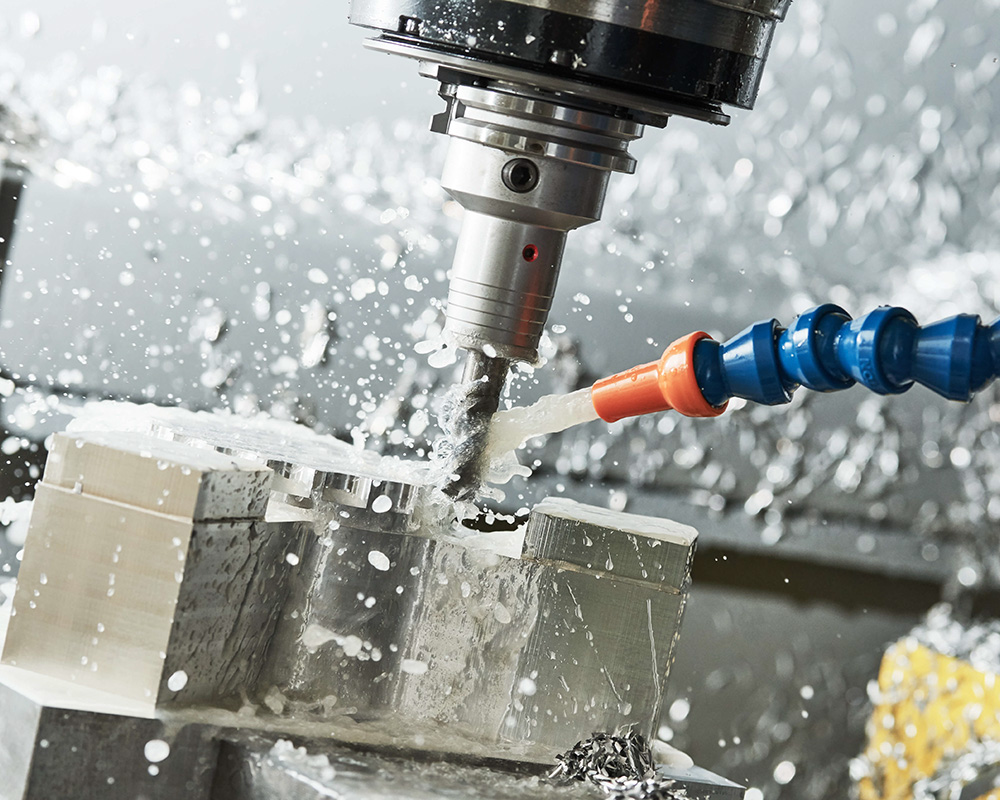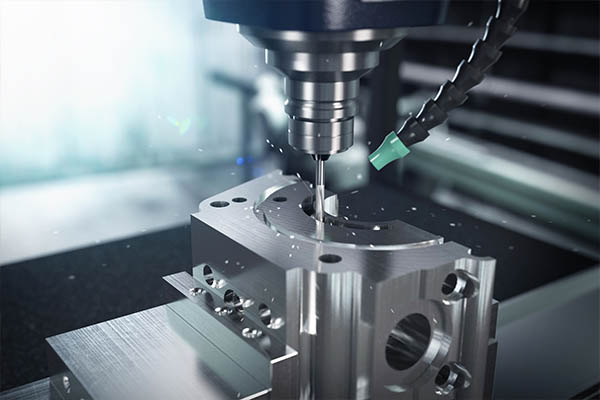CNC Machining Services: Precision Manufacturing for the Modern Period
CNC Machining Services: Precision Manufacturing for the Modern Period
Blog Article
CNC machine, which stands for Computer Numerical Control machining, revolutionized manufacturing with its ability to bring precision, efficiency, and automation to the production process. CNC machining makes use computer-controlled machinery to shape, cut, and fabricate complex parts and parts made of materials like metal and plastic, wood and composites. Automating several of the processes that once required the intervention of a human, CNC machining has significantly increased the precision and speed of manufacturing. It has made it indispensable in industries like automotive, aerospace electronic, medical and aerospace. Incorporating computers into machining tools has opened up opportunities for the creation of highly precise and complex parts, increasing the performance and capacity of manufacturing.
One of the most significant advantages of CNC Machining is the capacity to produce complex and intricate components with extreme precision. Unlike manual machining, where precision is dependent on the skills of the operator CNC machines execute programmed guidelines with a high degree of precision. These digital instructions, often developed using CAD (Computer-Aided Design) software, allow manufacturers to produce parts with precision as small as tiny micron. This level of precision is critical in industries such as aerospace and medical device manufacturing, in which even slight deviations can affect the efficiency or safety of a product. With CNC machines, makers can ensure that every part has the correct specifications and reduces the chance of defects, and the need for costly overhauls.
In addition to its precision, CNC machining is also well-known for its effectiveness and efficiency. The traditional machining techniques typically require skilled workers to manually regulate and adjust the machinery, which can be time-consuming and costly. CNC machines eliminate a large portion of the manual labour involved in the production process, as machines can run in complete autonomy for extended time after having been set up. This allows manufacturers to increase capacity for production without having the need to increase their labor or investment. In addition, CNC machines are equipped to perform multiple tasks in a single setup, reducing the need for repositioning and part transfers that saves time as well as decreases the possibility of mistakes. This automation leads to faster manufacturing cycles as well as lower cost per piece, which makes CNC machining an attractive choice for those trying to optimize their production processes.
The CNC machining brand also has excellent reproducibility, assuring that each piece produced is identical to the design that was originally created. This is crucial in the industries that demand huge quantities of standard parts including automotive parts and consumer electronics. As CNC machines operate according to programed instructions, they're able to make hundreds, or even thousands of components with very little variation in the quality. The consistency of the product not only enhances the quality of final items, but it also decreases the amount of loss, since fewer pieces are rejected due to defects. Furthermore, because the digital designs used in CNC machining can be easily modified or updated, manufacturers can quickly adapt to any changes in specifications or the demands of their customers, without needing costly retooling or machine recalibration. To obtain extra information kindly check out https://www.premiumparts.com/services/cnc-machining
One of the challenges associated with CNC machining is the initial set-up cost. Making investments in CNC machines and the software to manage the machine can be costly particularly for small-sized businesses. However, the long-term benefits of CNC machining--such as reduced expenses for labor, enhanced production efficiency and better products' quality usually outweigh the first investment. Furthermore, many businesses offer CNC machining services to businesses that may not be able to make the investment in their machinery, allowing small-scale manufacturers to benefit from the technology without the upfront costs. While the need for CNC manufacturing continues to grow, the cost of machinery and software is predicted to decrease, making it more available to a greater number of businesses.
Future of CNC machine machining is exciting, as technological advancements continue challenging the boundaries of what the machines are able to achieve. With CNC machines becoming more sophisticated, they are increasing integrated with other technologies that include 3D printing as well as robotics to create hybrid manufacturing processes that blend the benefits that come from a range of methods. Furthermore, the rise of smart manufacturing and technological advancements like Industrial Internet of Things (IIoT) allows for greater communication and automated CNC machining, allowing the machines to interact with each the other and modify their operation according to sensor data. As new technologies continue to develop, CNC machining will remain a vital tool in the evolution of modern manufacturing that will offer even higher precision as well as speed and flexibility in the future of manufacturing.